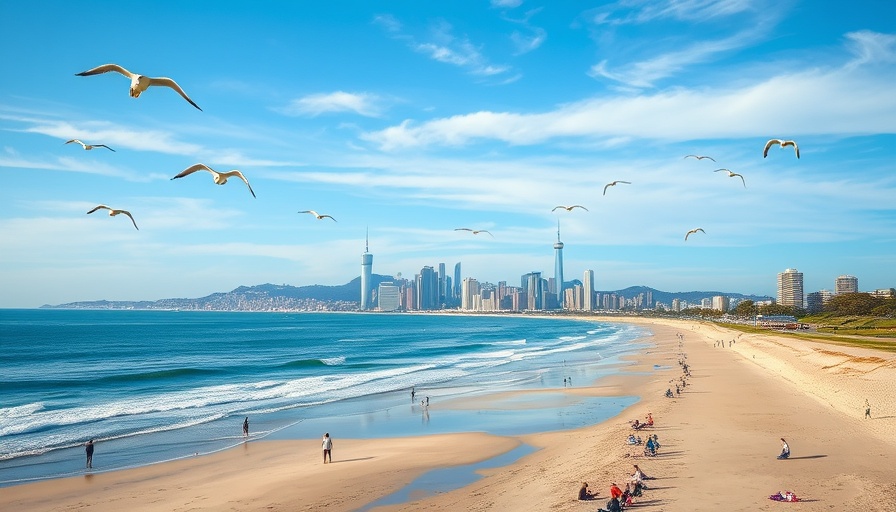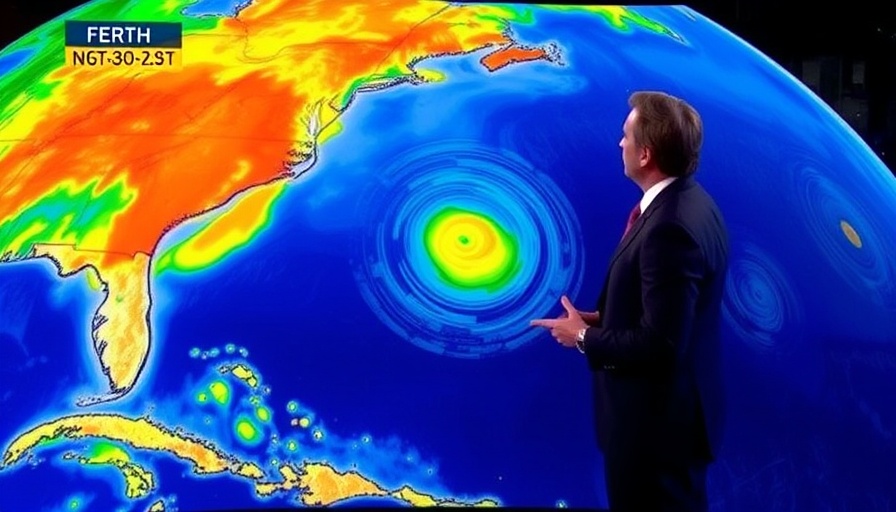
Massachusetts Beaches Closed: A Summer Disappointment
As the Massachusetts summer winds down, a stark reality looms over beachgoers: fifty-four beaches across the state are closed, primarily due to harmful cyanobacteria blooms and excessive bacteria levels. This alarming trend comes as health officials and local departments stress the importance of beach safety and water quality, leaving many frustrated vacationers and families looking for recreation.
The Causes Behind Beach Closures
Many factors contribute to the alarming closure of these beaches. Runoff pollution from heavy rains, agricultural practices, overflowing sewer systems, and even wildlife waste can significantly degrade water quality. Local health departments have been diligent in monitoring over 1,100 public and semi-public beaches in accordance with strict Massachusetts laws.
Testing Frequency: Keeping Beaches Safe
To ensure public safety, testing frequencies for bacteria levels vary from daily tests at popular locations to monthly checks at others, depending on the area's susceptibility to contaminants. This meticulous process is crucial, especially during peak summer season when families flock to these public attractions.
Looking Ahead: Weather and Monitoring Updates
With the temperatures hitting over 90°F recently, many anticipated a vibrant beach day. However, forecasts indicate a slight cooling trend ahead, with temperatures cooling down to the 70s and 80s. What does this mean for the future of local beaches? Residents and visitors can keep informed through the Department of Public Health’s interactive beach water quality dashboard, which updates every hour during beach season, highlighting closures due to health concerns.
The Importance of Water Quality
Understanding the science behind water safety can empower citizens. While the closures can feel like a summer buzzkill, they are in place to protect public health. As aquatic ecosystems struggle with pollution, knowledge empowers communities to advocate for better practices and support clean water initiatives.
Residents are encouraged to prioritize their local beach safety by checking the latest reports before heading out. Remember, your health may depend on it!
 Add Row
Add Row  Add
Add 




Write A Comment